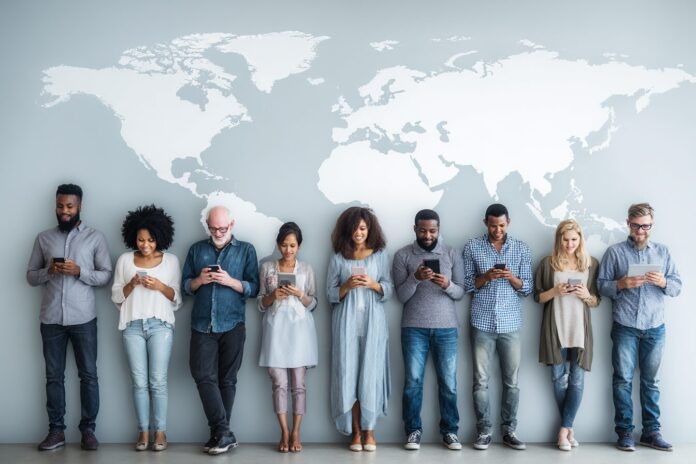Trust establishes the foundation for any technology that aims to support daily life and professional endeavors. Surveys conducted in 2025 indicate that while over 70% of users find ChatGPT helpful, significant reservations exist about its reliability in sensitive areas. This skepticism is particularly pronounced in fields such as healthcare, finance, and legal sectors, where even minor errors can bear substantial consequences.
Because of these concerns, developers are increasingly focused on integrating robust safeguards that underscore transparency and accountability. For example, clear disclaimers regarding the limitations of AI-generated content are now a standard feature, and active efforts to educate users about potential pitfalls have intensified.
Furthermore, ongoing collaborations between industry experts, government bodies, and consumer advocacy groups are instrumental in shaping policies that prioritize data security and user trust. Initiatives such as stronger data privacy controls and improved user feedback mechanisms have been introduced in recent times, ensuring that the AI ecosystem remains both dynamic and secure.
Besides that, gradual improvements in algorithmic design are making it easier for users to understand and contextualize the responses they receive. Because clear and accessible communication remains key, developers are committed to turning technological complexity into transparent, user-friendly solutions.
Privacy, Intellectual Property, and the Law
Universal access to tools like ChatGPT inevitably brings forward challenges related to privacy, intellectual property, and legal accountability. As AI systems rapidly ingest massive volumes of data sourced from across the internet, issues related to copyrighted content come to the forefront. Because generative AI may inadvertently replicate protected material, both casual users and commercial enterprises face risks associated with legal disputes.
Additionally, the inherent nature of AI training data means that content generated by ChatGPT might resemble the intellectual output of established creators. Consequently, law makers around the world are examining frameworks that balance open AI benefits with necessary protections for copyrighted content. Such deliberations, as observed in various legislative proposals, underscore the importance of clearly delineated rights and responsibilities in the AI era.
Because new AI laws are consistently emerging, the industry must remain agile in its compliance strategies. Transparent reporting protocols and regular audits may alleviate some of the legal tensions, thereby encouraging innovation and fostering a sense of accountability within technology circles. In this way, both users and developers can be more confident that ethical and legal standards are being upheld.
Most importantly, keeping regulatory dialogues open and ongoing ensures that as technology evolves, the safeguards protecting users remain robust and effective.
Toward Responsible AI for All
As AI technologies such as ChatGPT continue to redefine economies, cultures, and day-to-day interactions, the movement for ‘AI for all’ is gaining momentum. Because the benefits of broad access are significant—ranging from enhanced educational opportunities to improved mental health support—the crux of the debate centers on responsible use. In this regard, framing AI deployment within ethical and legal boundaries is paramount.
Initiatives that focus on inclusive design, transparency in algorithmic processes, and active user education have already begun to show promise. Most importantly, these efforts signal a future in which AI accessibility and accountability go hand in hand, fostering both innovation and sustained trust.
Furthermore, emerging discussions emphasize the inherent societal contract between technology developers and users. Because informed policymaking and continuous oversight especially matter in this age, collaborative ventures that include government agencies, academic institutions, and private industry must continue to evolve. For example, projects highlighted by TechRadar stress that open dialogue is essential when addressing the balance between innovation and regulation.
Therefore, while the path toward universal AI access is filled with challenges, it is equally paved with opportunities. By continually refining safeguards and embracing inclusive growth, society can ensure that the transformative power of AI benefits everyone while safeguarding ethical norms and legal standards.
References
- Africa Business Insider – 9 African Countries with Restricted ChatGPT Access
- Mail.com – ChatGPT Full Guide: Everything You Need to Know
- AEL Data – The Broader Impact of AI on Accessibility in 2025
- Express Legal Funding – How People Use & Trust ChatGPT in 2025: AI Study Results
- Hurix Digital – Pros and Cons of Using ChatGPT in Higher Education
- TechRadar – Should Everyone Have Access to ChatGPT?
- Team Dynamics – Using ChatGPT for Difficult Work Conversations
- KATV – AI’s Impact on Children in the Spotlight
- Wald.ai – 7 Things You Should Never Share with ChatGPT



